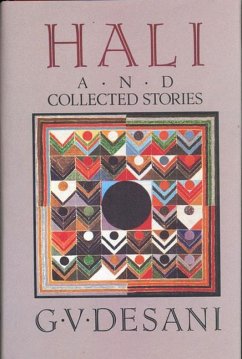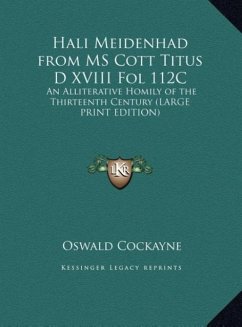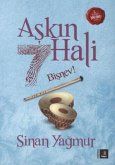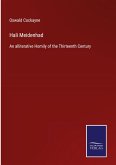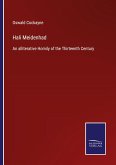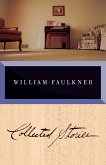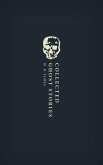Desani, born in Kenya, educated in India and currently a professor at the University of Texas, offers his first book in some 40 years: 23 stories and fables, along with a dramatic prose poem, that range from bleakness to ironic comedy and from supernatural tales to highly mannered satires. The prose poem - which tells the story of "Hali," who loves Rooh, whose death plunges Hall into grief and a mystical journey - is most noteworthy as an example of private mythology turned into accessible invocation. The supernatural element in many of the other fictions is strong: "The Valley of Lions," for example, is short and visionary; "Mephisto's Daughter" concerns a narrator who has access to "Old Ugly's daughter"; and "The Lama Arupa" follows the holy man of the title through "several states of consciousness" after his death until he returns as a chicken. "The Merchant of Kisingarh" is told by a deceased merchant speaking through his son, a sometime medium. These pieces manage to be both wry and penetrating by turns, while "The Last Long Letter" - an epistolary tale about a daughter sent away to meet her future groom, a boy who turns out to be visionary - is consistently bittersweet. "A Border Incident," more traditional, tells of a man punished (mildly) for deserting his post to save a boy's life. Desani also offers a mock lecture ("Rudyard Kipling's Evaluation of His Own Mother") on one of Kipling's more ludicrous compositions, and he closes with the phantasmagoric "The Mandatory Interview of the Dean" - a madcap satire of bureaucracy and officiousness offered up in a style that is rich and frothily indulgent. A varied collection, impressive in its use of religious and personal mythology - and lushly descriptive of a sensibility and a culture that is part English, part Indian, and uniquely Desani's own. (Kirkus Reviews)
Hinweis: Dieser Artikel kann nur an eine deutsche Lieferadresse ausgeliefert werden.
Hinweis: Dieser Artikel kann nur an eine deutsche Lieferadresse ausgeliefert werden.

